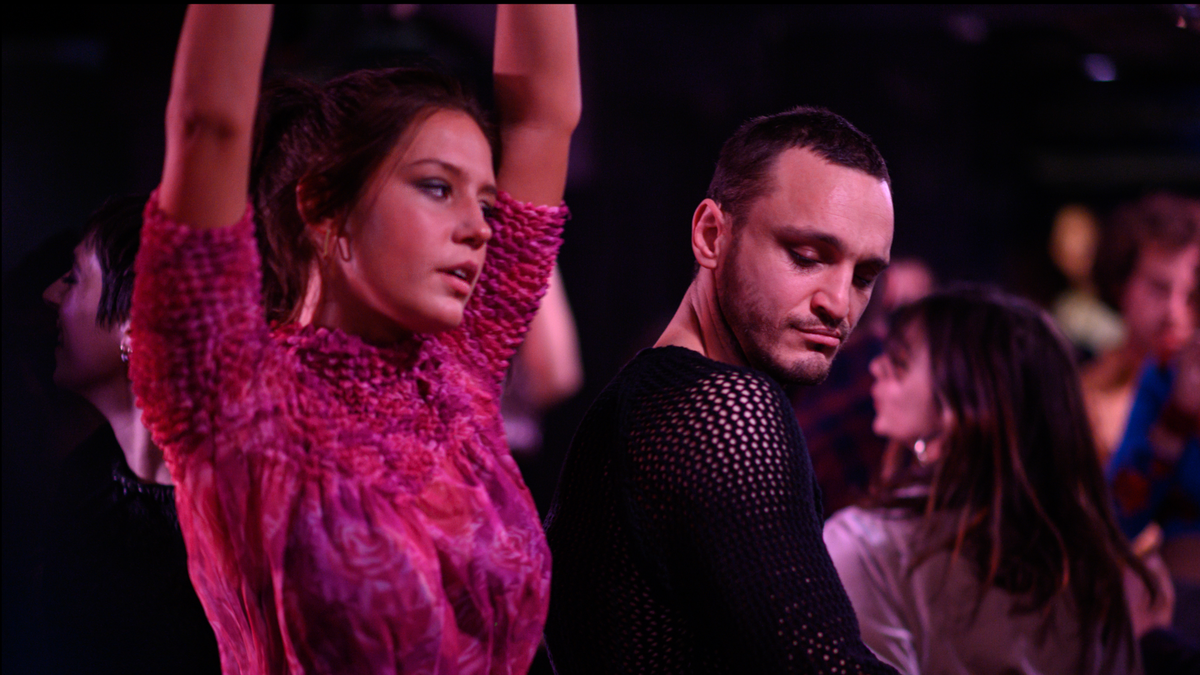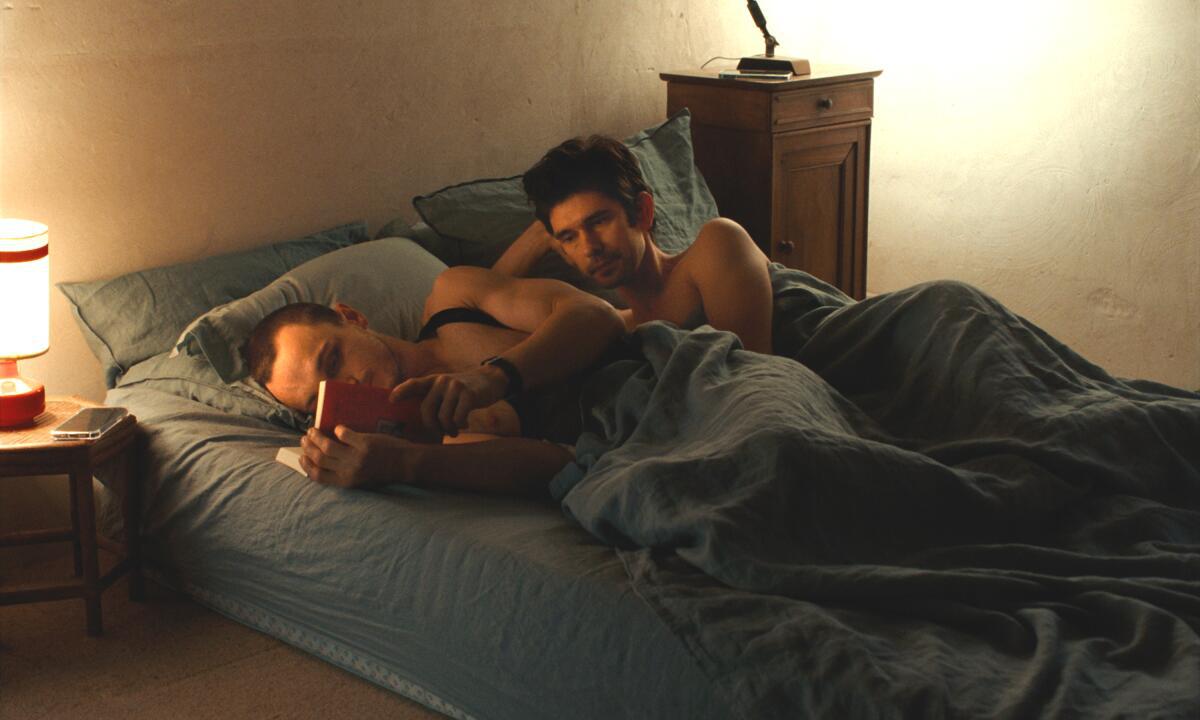
‘Passages’ movie review: An effusive, exacting look at transitions, big and small
https://th-i.thgim.com/public/entertainment/movies/uiz4y6/article67388742.ece/alternates/LANDSCAPE_1200/images-original.png
A still from ‘Passages’
Precisely affecting, and casually intimate, Ira Sachs’ Passages is a whirlpool pulling you into the lives of volatile people and the large messes they leave behind. Yet, Sachs doesn’t treat this with a heavy hand of emotional implosions. His machinations with the script, involve an approach akin to letting the narrative dominoes fall. With a deep understanding of the character he has fleshed out with fellow writer Mauricio Zacharias, Sachs guides us along this exactingly heartbreaking and sharp film.
Sachs balances desire with despair as he introduces us to a failing marriage, whose one half is Tomas (Franz Rogowski), a director. We meet Tomas on set (where he is directing a film called Passages!). He bristles against his crew, giving instructions at the edge of irritation, and explains to his actor that the scene they are shooting is one of transition. “This is just a transition moment, but we are turning it into a huge drama moment,” he says in frustration as the shooting lingers on. Sachs packs Passages with many such small moments that give away major character descriptions. Tomas is impatient, working as per his individual wishes, and refusing to allow others the time to catch up with him.
At the wrap party, Tomas invites his husband Martin (Ben Whishaw) to dance with him, but is met with rejection – a tiredness already hangs over their long marriage. But we have so far come to know Tomas as someone who will see his wishes through, so he takes to the dance floor with Agathe (Adèle Exarchopoulos) a teacher. Their rendezvous is extended as Tomas returns to her home for the night. The next day reveals us more of Tomas, who doesn’t waste much time in telling Martin that the previous night’s encounter left him with exciting feelings. Martin listens with a guarded expression but ultimately issues Tomas a disappointed reminder: “This always happens when you finish a film. You just forget.”
Passages (English, French)
Director: Ira Sachs
Cast: Franz Rogowski, Ben Whishaw, Adèle Exarchopoulos, and others
Run-time: 92 minutes
Storyline: Tomas and Martin, a gay couple in Paris, attempt to weather marital turbulence as Tomas begins an affair with a woman
As Tomas chases this excitement, which he only experiences in the company of Agathe, he finds himself in the middle of a personal transition. He moves out of the flat he shares with Martin, who himself seeks out the company of Ahmad, a writer. In this time, Tomas also explicitly asks Martin to support his wishes. However, Sachs does not let the emotional burden of the film play out in such definite terms. He creates a physical universe that is very limited, as he unfolds this misshapen love of sorts. The film takes place in Paris, but Sachs trains his script to peer into the vast city within each character.

A still from ‘Passages’
Franz, in an interview to The Hindu, described the experience of filming Passages as “freeing”. He said Sachs allowed the actors the freedom to explore; the film then becomes a site for Sachs to explore the dynamic of freedom that is cautious at first, burgeoning next, and finally becomes a quiet personal destruction.
Franz as Tomas, plays his character with less flippancy and more emotional flair. The actor approaches Tomas — a vapid, self-involved person, not with sympathy or judgment — but a curiosity that is also reflected in how Agathe and Martin move around him. The two are not boxed into characters to whom Tomas and his actions happen; rather, they are given their own transitional paths, ones that may have been forced due to Tomas’ actions. The actors’ trio elevate these narrative nuances with their arresting performances.
The first half of Passages sets up emotional markers, a checklist of how we expect these characters to behave and respond. The second half uses that stable ground and Sachs’ expert directorial skills to lob emotional punches at us, fast and strong. Passages is less interactive and more observational, looking squarely at the moments of transition. Contrary to Tomas’ belief, they may after all be a huge drama moment.
Passages is now available for streaming on MUBI


